 Malnutrition is the single most significant threat to people’s health globally. Malnutrition occurs as the result of the body not getting an adequate, or excessive amount of its required nutrients.
Malnutrition is the single most significant threat to people’s health globally. Malnutrition occurs as the result of the body not getting an adequate, or excessive amount of its required nutrients.
Malnutrition is a common condition within poorer and developing countries where food shortages are a major problem. There are some people within developed countries who also are affected by malnutrition. These include people with:
- Poor diet
- Alcohol dependency
- Mental health problems
- Digestive disorders
Establishing a healthy balanced diet is essential to avoiding the problems of malnutrition.
Symptoms of Malnutrition
A sign of malnutrition in adults is a rapid loss in body weight. If you are not trying to lose weight and you notice significant weight loss then this may be a sign of malnutrition.
A loss of 5-10% of your body weight over a six-month period is an indication that there is a problem.
Other symptoms to watch out for include:
- Depression
- A lack of ability to concentrate
- A lack of energy and feeling tired constantly
- Long healing periods from wounds
- Regularly picking up infections
- A long recovery time from infection
- Finding it hard to keep warm
Malnutrition may occur slowly over a long period so it may not become obvious at an early stage. When you notice that your clothing or jewellery has become loose, you need to become aware of the possibility that you are not eating enough of the right foods.
You should also be aware that malnutrition can also occur in people who are overweight. Some people with bad diets who are obese can also become malnourished. This is usually due to a high sugar and fat diet which is lacking in the vitamins that your body requires.
Signs of vitamin and mineral deficiency include:
- Rashes or other skin problems
- A constant feeling out of breath
- Pains in the joints or bones
- Reduced vision when in dim light
- A swollen tongue
If you notice any of these symptoms and suspect that you are suffering from malnutrition, then you should contact your GP to discuss your concerns.
Check your body mass index (BMI)
You should be aware of your BMI if you suspect that you may have become malnourished. The BMI offers a score for a healthy weight for your height.
A healthy BMI for most adults is between 18.5 and 24.9. If your BMI is below 18.5, you may be showing signs of malnutrition. Depending on your body height, you may also be at risk if your score is between 18.5 and 20.
Malnutrition in Children
If you suspect that your child has become malnourished, you should contact your GP or health visitor. During the early years of life, your child should be regularly checked for physical development and weight.
- Symptoms to look out for in a child include:
- Not growing to the expected weight and height
- Irritable, anxious or sluggish behaviour
- Skin or hair colour changing
How to treat malnutrition
Malnutrition will be treated differently depending on the individual situation.
Many cases can be treated by the patient themselves after following advice from an expert. Some people may be supervised by a health professional or dietitian at home. In the most severe cases, a patient may need to be admitted to hospital.
Someone who needs to be treated for malnutrition will usually be advised to slowly increase their food intake. A dietary plan will be designed to suit the individual requirements of the patient.
The planned diet will aim to increase the consumption of food that contain the required amount of:
- Vitamins
- Minerals
- Proteins
- Carbohydrates
- Fluids
In some cases, supplements will be required to help increase the protein and energy that your body can use.
Some people may require a specialist diet if they have problems with swallowing food or drink (dysphagia).
In some cases, artificial feeding tubes may be necessary to ensure that your body gets the food that it requires.
Nutritionist advice for Malnutrition
If you are finding it difficult to eat a balanced diet, then a nutritionist may be able to offer help and advice.
A nutritionist will work with the advice that you have received from a heath professional to establish a healthy diet for you. A fully trained nutritionist will be able to discuss your eating habits with you and recommend foods which can help you find a balanced diet that fits in with your lifestyle.
How to prevent Malnutrition
Eating a healthy diet is the best way to avoid malnutrition. You should ensure that your diet is varied and contains food from each of the major food groups. A healthy balanced diet requires that you eat each of the following:
Fruit and vegetables
Eat at least five portions each day.
Starchy food
This includes rice, pasta, bread, potatoes and cereals
Dairy products
This includes milk, cheese and yoghurt
Protein
This includes eggs, beans, nuts, meat and fish.
Further reading
Read more about malnutrition on the NHS website.
